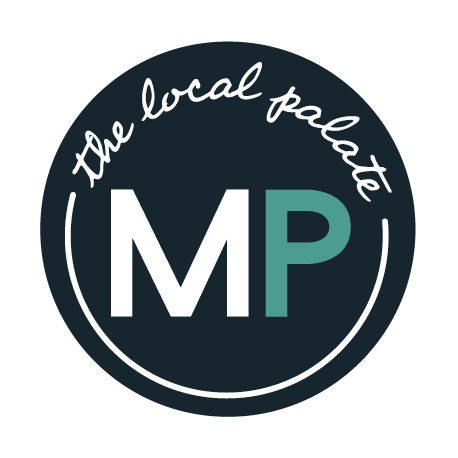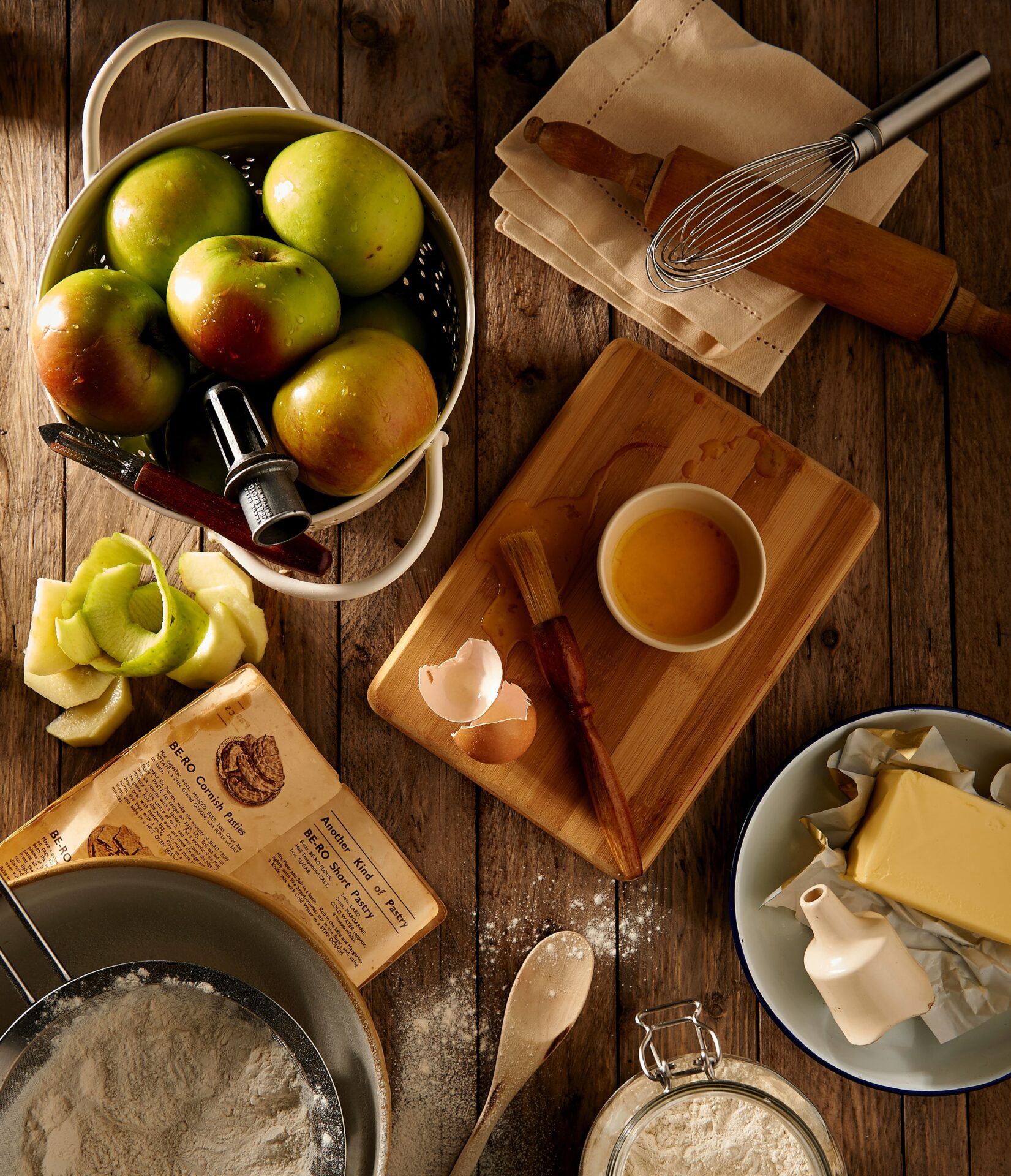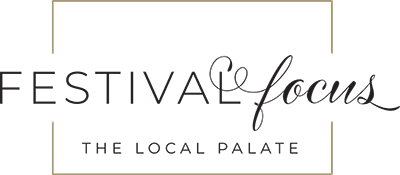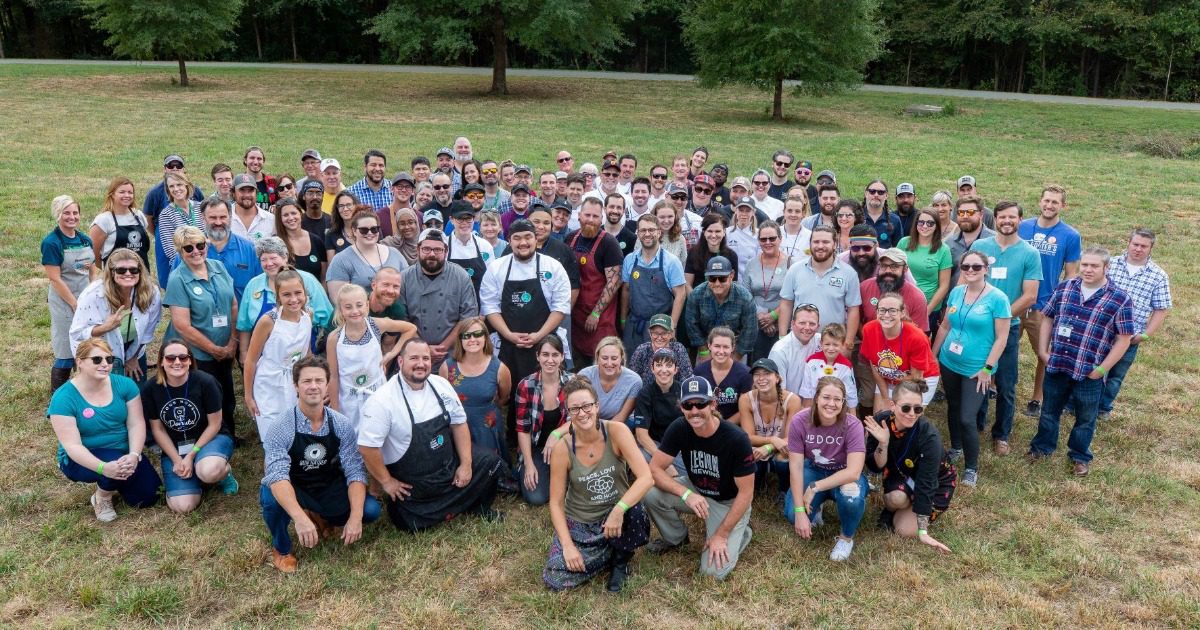Let’s say you’re a Charlotte bread maker and you need to get rid of a commercial-size Hobart mixer—beat-up, but free to a good home. Or you’re a brewer and you need muscadines and chamomile flowers for a fall beer brew session. Or you’re a chef and you need huitlacoche (edible corn smut) at the tail end of the local corn season.
You could take out ads, or spend hours on the phone, or take time you don’t have to drive to markets on the off chance that someone out there has what you need. Or you could do it the easier way: Go to the members-only Facebook page for the Piedmont Culinary Guild.
Since 2015, the Piedmont Culinary Guild (PCG) has been linking chefs, food producers, farmers, and even very interested diners, into a network that’s wrapped all around Mecklenburg County and spread out into several other regions of North Carolina. PCG, which has had up to 500 members along the way (this writer is among them), is more than just a DIY supply chain, though. The group has put on annual seminars that cover everything from food-safety talks to chef demonstrations on how to make buttercream from local goat cheese. It’s been a fast telegraph when there’s a fundraiser or a chance to grab rare things like heirloom Bradford watermelons.
“I’ve never been to a city that has this much culinary camaraderie,” says Kris Reid, a founder and the former executive director of PCG, who’s now the operations manager for Raydal Hospitality, the family-owned company behind Sabor Latin Street Grill, Three Amigos, and La Caseta. “So few people see the real role we played in making Charlotte a [food] community. The founders weren’t competing against each other.”
Growing the Piedmont Culinary Guild Beyond the Industry
PCG was founded at the height of the local food movement, to strengthen the food landscape, particularly by helping chefs who rely on regional food, and the farmers who grow it, to find one another. The membership categories included chefs, farmers, and food writers, as well as a business category for food producers.
A couple of years after it started, PCG added a non-professional category called Tastemakers, with a $10 a month membership fee, that put together food experiences for culinary-minded bystanders.

Pamela Grundy, a local historian and writer, is an enthusiastic Tastemaker. The guild’s events, from cooking demos to farm tours, have opened up Charlotte’s food world for her and given her insight into what goes into creating great food.
“You met interesting people who were interested in food,” she says. “It felt like you were a part of the food world, in a sense. You’d see the different ways [food producers] were making a go of it.”
Quientina Stewart, an assistant professor at Johnson & Wales University in Charlotte and a current member of the PCG board, discovered the guild when she arrived in Charlotte in 2015 and quickly got involved.
Stewart’s moved around in her career, and she’s seen a few organizations that are similar, like Think Local DC and food truck associations. But she’s never seen anything as extensive as PCG, she says. “I truly feel like it’s very unique, just the cross sections of food and beverage. Food is the nexus and everybody plugs in.”
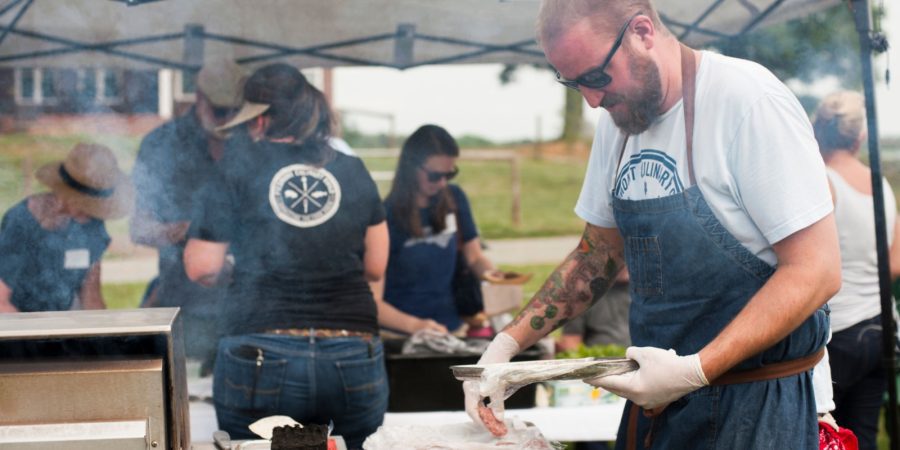
Sowing Seeds for the Next Chapter
One of PCG’s missions was starting chapters in other North Carolina regions, like the Carolina Coastal and Foothills chapters. After struggling right along with its members through the first year of the Covid-19 pandemic, PCG has recently gone on what Reid is calling “an intentional hiatus” so that it can focus on figuring out what comes next and what members will need when restrictions are finally lifted.
“Our mission was to connect the local food chain,” Reid says. “Now the food chain is growing. There’s a lot of opportunity to reshape what the guild needs to be.” Both Reid and Stewart are hopeful—insistent, even—that PCG will be back, with an updated mission.
“I think eventually [Covid] calms down and we relaunch,” possibly next spring, she says. “If this Covid thing gets to the point that we understand how to manage it, if we get through this winter, we’ll have a better understanding of how to bring people back together,” she says. “It’s coming back, it’s just coming back in a way we didn’t expect.”
share
trending content
-
How to Make Dirty Grits with Chef Greg Collier | Video
by Maggie Ward -
The Ultimate Maryland Dining Guide | Listen
by TLP Editors -
The Gimlet: Mixing the Ideal Chill Out
by Emily Havener -
Exploring the Gullah Geechee Trail | Listen
-
Spectacular Summer Moments Await in Boone, North Carolina
by TLP's Partners
More From In the Field
-
Kohlrabi: Pretty Ugly
-
Meet the Newest James Beard Award Winners from the South | Listen
-
OKO Brings Filipino Soul to East Austin | Listen
-
The Local Palate’s Guide to Chattanooga | Video
-
Find Your Top Dry Bar in the South | Listen

